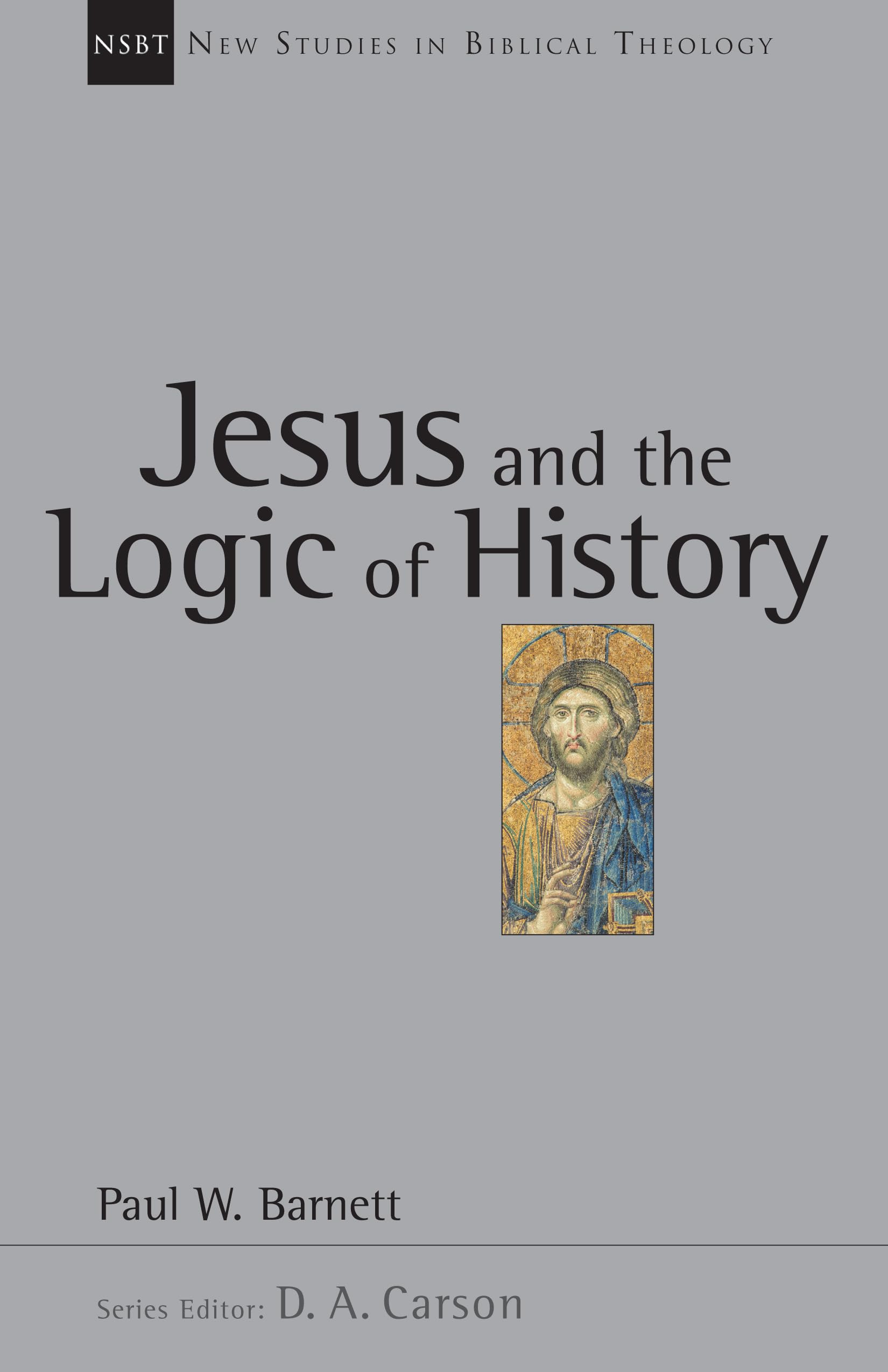Found in 2 comments on Hacker News
_urga · 2014-09-26
· Original
thread
If you want to disprove the Christian faith (faith in the historical person of Jesus Christ), then you need to make up your mind about the positive and negative historical sources concerning him, their closeness in time to him (historical distance), and the textual reliability of those sources.
See Paul Barnett's "Jesus And The Logic Of History" for the historical method as applied to Jesus: http://www.amazon.com/Jesus-History-Studies-Biblical-Theolog...


This may be the popular influence of 20th century liberalism and postmodernism (just another form of ancient skepticism) which would trade the historical method and the primary evidence for poor late-dated gnostic sources and sociological reconstructions (which have little data to go on). And sadly, sometimes people just believe that the Da Vinci code was non-fiction, and that the church was in cahoots in the 3rd century.
In fact, the historicity of the New Testament is astounding. If you wanted to take seriously the claims of Jesus, you couldn't ask for better. Here are a few examples off the top of my head:
1. Primary sources dated as close as 22-25 years and as late as 70 years after the event of Jesus' death and resurrection.
2. Thousands of transcribed copies in several ancient languages, from different locations and periods.
3. Many manuscript fragments with early dates, e.g. the earliest, the John fragment (Papyrus P52) at the John Rylands Library in Manchester in England, dates from as early as 125 AD.
4. Multiple independent accounts of eye witness testimony including hostile sources.
5. Biographical accounts written as history.
6. The evidence and weight of the incidental accounts, the New Testament letters, which contain numerous historical details, facts, references and mutual understanding, taken for granted and mentioned in passing.
7. The disciples are frequently portrayed in a negative light in the gospels.
8. The testimony of women is relied on at various key points in the gospels, something which a 1st century fraud would not likely have included.
9. Integrity of the eye witnesses under intense pressure and scrutiny and brutal persecution. Most of the original apostles died horrific deaths, refusing to recant what they saw and heard (1 John 1). In contrast, the Watergate scandal lasted all of a few days before the group fell apart.
10. Many accurate geographical and political references, often of a very technical nature (e.g. various political offices and ranks, shipping navigation, climates, architecture).
In summary, Christianity is an historical claim about an historical person, Jesus of Nazareth. Anyone is free to investigate these claims for themselves, according to the historical method.
For more on this, read Paul Barnett's "Jesus and the Logic of History" (http://www.amazon.com/Jesus-History-Studies-Biblical-Theolog...), or "New Testament Documents: Are They Reliable?" by FF Bruce (himself a Rylands Professor).